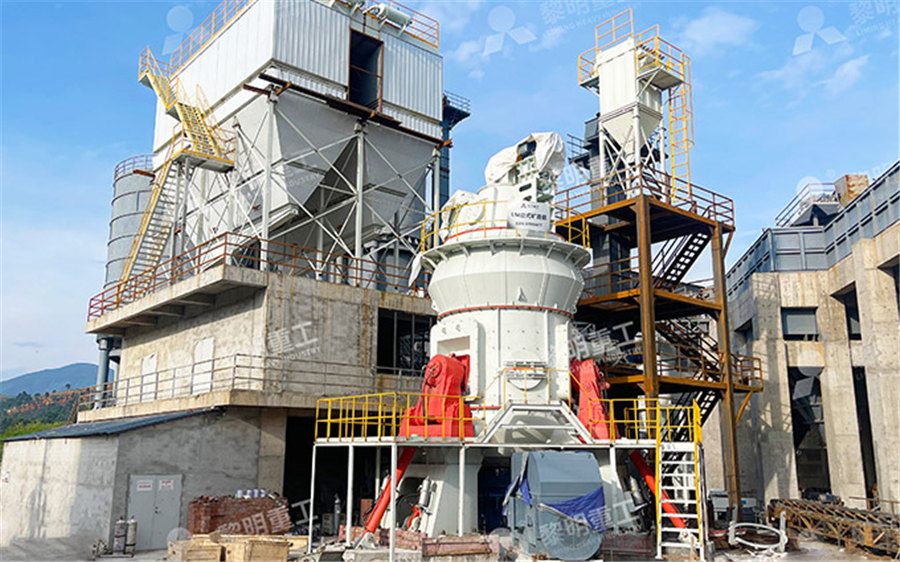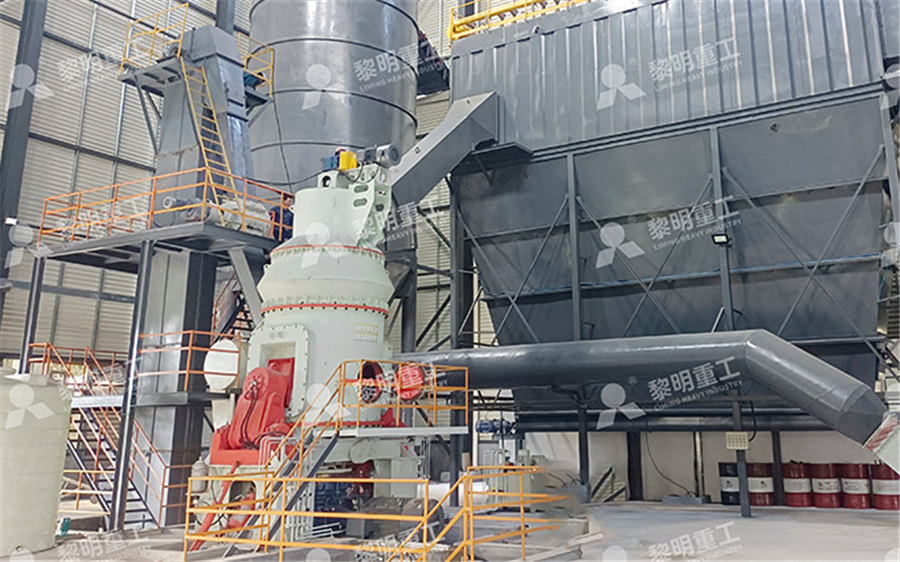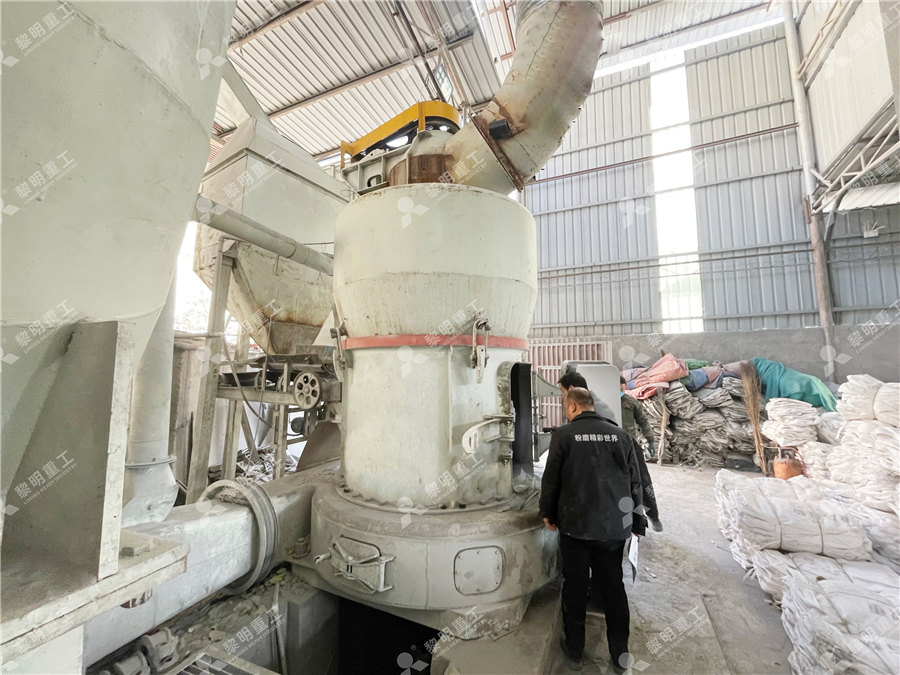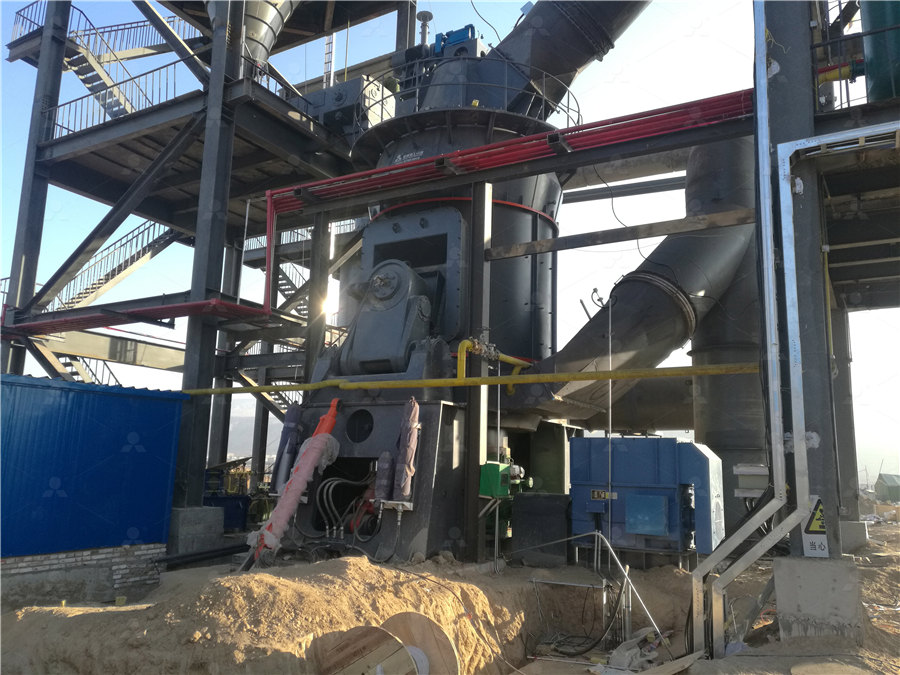
Xinjiang reduced iron oxide Xinjiang reduced iron oxide Xinjiang reduced iron oxide

Hierarchical nature of hydrogenbased direct reduction of iron
2022年5月1日 Hydrogenbased direct reduction (HyDR) is among the most attractive solutions for green ironmaking, with high technology readiness The underlying mechanisms governing 2023年8月1日 Many studies have dealt with the hydrogen reduction of micronsized iron oxide particles using a thermogravimetric analyzer or via temperatureprogrammed reduction In Thermochemical reduction of iron oxide powders with hydrogen: 2023年12月14日 An innovative recyclable denitration strategy was proposed, where Febased oxygen carriers (OCs) with various oxidation states act as the agent reducing NO into N 2 Herein, the detailed redox properties of OCs were Recyclable Iron Reduction Denitration: A Strategy for A new threeinterface random pore model is derived and applied to the gaseous reduction of hematite (Fe 2 O 3) to iron (Fe) The structural reaction–diffusion model is able to describe three simultaneously reacting oxide layers, Fe 2 O 3, A threeinterface random pore model: the reduction of
.jpg)
Reduction behavior and microstructure evolution of iron oxides
2023年8月26日 Owing to the importance of hydrogen metallurgy for the lowcarbon and green iron and steel industries, the reduction behavior and microstructure evolution of two iron 2023年6月8日 Here we focus specifically on the direct reduction of iron oxide by hydrogen, motivated by a recent surge in interest in moving away from the conventional carbonbased The Fate of Water in HydrogenBased Iron Oxide Reduction2022年8月22日 Hydrogenbased direct reduction (HyDR) is an attractive processing technology, given that direct reduction (DR) furnaces are routinely operated in the steel industry but with Hydrogenbased direct reduction of iron oxide at 700°C Springer2023年8月17日 Surface engineering is a promising strategy to improve the catalytic activities of heterogeneous catalysts Nevertheless, few studies have been devoted to investigate the Constructing multiple active sites in iron oxide catalysts for

Direct reduction of iron to facilitate net zero emissions in the steel
2024年2月15日 Coalbased direct reduced iron (DRI) reduces CO 2 emissions by 38 % compared with traditional blast furnace–basic oxygen furnace (BFBOF) ironmaking Using a 2019年7月19日 Direct reduced iron (DRI) is also known as sponge iron (Hasambeigi et al 2014) This high porous material has a metallization degree in the range 85–95% with a carbon content in the range 05–4% depending on the processing route During the process, the iron oxides are reduced at the solid stateDirect Reduced Iron: Most Efficient Technologies for Greenhouse 2023年1月12日 Now, during the reduction of porous iron oxides pellets the following steps can be underlined: 1) mass transfer of the gases (hydrogen, carbon monoxide, or their mixing) from the stream to the pellet surface; 2) HydrogenBased Direct Reduction of Iron Oxides 2017年10月17日 Figure 1: Steelmaking byproducts for blast furnace (BF), basic oxygen furnace (BOF) and electric arc furnace (EAF) processes Source: World Steel Association (worldsteel) The first step in the production of steel or cast From Ore to Iron with Smelting and Direct Iron
.jpg)
Reduced iron induced nitric oxide and nitrous oxide emission
2011年11月15日 In many studies nitrite and NO reduction coupled to iron oxidation are not separately considered, but only N 2 O emission is measured In this study the emission of NO and N 2 O upon nitrite reduction by Fe(II) was investigated, this with special attention to the dynamic behavior of both nitrite and NO reduction The influence of environmental parameters like pH, 2021年12月1日 Request PDF Synthesis and characterization of reduced graphene oxide/iron oxide/silicon dioxide (rGO/Fe3O4/SiO2) nanocomposite as a potential cathode catalyst A nanocomposite comprising Synthesis and characterization of reduced graphene oxide/iron oxide 2015年12月1日 In this study, production of sponge iron by direct reduction of oxides and the effect of reductant on metallization were investigated In the first stage of the study, scale formed during hot rolling of slabs was reduced in a rotating furnace using solid and gas reductants Coal was used as solid reductant and hydrogen released from the combustion reaction of LNG was Direct Reduction of Ferrous Oxides to form an IronRich In general, the reduction of Fe 2 O 3, called hematite, does not occur directly to metallic iron, FeIf the reduction temperature is lower than 570 °C, reduction to Fe occurs stepwise from Fe 2 O 3 to Fe 3 O 4, called magnetite, and continues to FeThe intermediate oxide, wüstite Fe (1−x) O, is not stable at temperatures lower than 570 °C At reduction temperatures higher than 570 °C Reduction of Iron Oxides with Hydrogen—A Review Spreitzer

Iron OxideCopperGold mineralization of the Devonian Laoshankou
2018年11月1日 The Laoshankou Iron OxideCuAu (IOCG) deposit (41 km southwest of Qinghe City, Xinjiang, NW China) is the most important magnetite deposit with economic Cu and Au (metal reserve: 326 Mt Fe @ 33 2019年8月18日 ResearchGate offers a comprehensive review of the reduction of iron oxides using hydrogen as a reducing agent, addressing environmental concerns(PDF) Reduction of Iron Oxides with Hydrogen—A ReviewIron(II,III) oxide, or black iron oxide, is the chemical compound with formula Fe 3 O 4It occurs in nature as the mineral magnetiteIt is one of a number of iron oxides, the others being iron(II) oxide (FeO), which is rare, and iron(III) oxide (Fe 2 O 3) which also occurs naturally as the mineral hematiteIt contains both Fe 2+ and Fe 3+ ions and is sometimes formulated as FeO ∙ Fe 2 O 3Iron (II,III) oxide Wikipedia2007年10月1日 Iron oxide ore probably formed the hydrothermal fluids which generated the skarns could be a mixture of evolved magmaderived water and convecting sea water driven by the heat from the shallow REE geochemistry of the Mengku iron deposit, Xinjiang, and its

Textures and Chemical Compositions of Magnetite from Zhibo
2024年5月26日 The Zhibo iron deposit is one of the largest submarine volcanic iron deposits in the AIMB The field observations made in the Zhibo iron deposit are similar to those found in iron oxide–apatite (IOA) or Kirunatype, suggesting that the ore 2024年3月20日 Electrochemical production of iron metal can support a decarbonized process for steelmaking Here, we report a lowtemperature, electrochemical cell that consumes lowcost and abundant iron oxide, salt, Electrochemical chloriron process for iron production 2022年5月1日 Its production of >18 billion tons per year, with the largest fraction reduced from iron oxides using carbon, leads to huge anthropogenic CO 2 emissions, accounting for ∼30% of all industrial CO 2 emissions (∼7% of the total CO 2 emissions) [1, 2] These numbers qualify steelmaking as the largest single cause of global warmingHierarchical nature of hydrogenbased direct reduction of iron oxides2011年11月15日 Formation of the greenhouse gas nitrous oxide in water treatment systems is predominantly studied as a biological phenomenon There are indications that also chemical processes contribute to these emissions Here we studied the formation of nitric oxide (NO) and nitrous oxide (N 2 O) due to chemical nitrite reduction by ferrous iron (Fe(II)) )) Reduction of Reduced iron induced nitric oxide and nitrous oxide emission

Reducing Iron Oxide with Ammonia: A Sustainable Path to Green
2023年3月30日 1 Introduction Iron and steel are pillars of global civilization and industrialization, with currently 185 billion tons produced per year [] This staggering amount is forecast to grow up to 25–30 billion tons by the year 2050 [] As the primary synthesis of iron uses fossil reductants (from coal, coke, and methane) to reduce oxidic ores, the steel industry is currently the largest 2023年3月30日 Photographs, phase identification, and chemical analyses of input material and reduction product a,c) Photographs of pellets before and after reduction at 700 °C for 2 h with ammonia b,d) The Reducing Iron Oxide with Ammonia: A Sustainable Path to Green 2019年3月21日 The research from Qu et al [Citation 10] uncovered the melting behaviour of the reduced iron oxides in the experiments A complete melting down of all particles was observed at 1700 K when the particle residence time was above 970 ms It comes to the third characteristic that reduction of iron oxides accompanies melting above 1650 KReview and data evaluation for hightemperature reduction of iron oxide 2011年11月15日 Formation of the greenhouse gas nitrous oxide in water treatment systems is predominantly studied as a biological phenomenon There are indications that also chemical processes contribute to these emissions Here we studied the formation of nitric oxide (NO) and nitrous oxide (N(2)O) due to chemical Reduced iron induced nitric oxide and nitrous oxide emission
.jpg)
(PDF) Thermal Reduction of Iron Oxide under Reduced Pressure
2015年6月10日 Thermal Reduction of Iron Oxide under Reduced Pressure and Implications on Thermal Conversion Efficiency for Solar Thermochemical Fuel Production June 2015 Industrial Engineering Chemistry The physical and chemical properties of NPs may vary depending upon the conditions To prevent iron NPs from oxidation and agglomeration, Fe 3 O 4 NPs are usually coated with organic or inorganic molecules However, it is a prerequisite to synthesize magnetic NPs in oxygenfree environment, most preferably in the presence of N 2 gas Bubbling nitrogen gas not only Synthesis, characterization, applications, and challenges of iron oxide 2023年8月30日 Greenhouse gas emissions are the primary root cause of anthropogenic climate change The heterogeneity of industrial operations and the use of carbonaceous fossil fuels as raw materials makes it challenging to find HydrogenBased Direct Reduction of Iron Oxides: A 2023年8月1日 The ability of iron/iron oxide to be thermochemically reduced and further reoxidized is at the center of multiple applications [9] Iron as a solid oxygen carrier represents an attractive option in chemical looping combustion [10] , [11] , [12] , where a primary fuel is oxidized with iron oxide to efficiently separate CO 2 from the stream of airThermochemical reduction of iron oxide powders with hydrogen:

Facile synthesis of iron oxides/reduced graphene oxide
2015年3月19日 Iron oxides/reduced graphene oxide composites were synthesized by facile thermochemical reactions of graphite oxide and FeSO47H2O By adjusting reaction temperature, αFe2O3/reduced graphene 2023年4月5日 The blast furnace and direct reduction processes have been the major iron production routes for various iron ores (ie goethite, hematite, magnetite, maghemite, siderite, etc) in the past few decades, but the challenges of maintaining the iron and steelmaking processes are enormous The challenges, such as cumbersome production routes, scarcity of Recent Trends in the Technologies of the Direct Reduction and 2015年4月8日 Low temperature electrochemical reduction of iron(III) oxide to iron in a strongly alkaline solution has been systematically investigated in this article The facile electrochemical process was carried out in 50 to 70 wt pct aqueous NaOH solution at 383 K (110 °C) and 17 V The preformed spherical Fe2O3 pellets with porous structures were used directly as Electroreduction of Iron(III) Oxide Pellets to Iron in Alkaline Media 2023年11月1日 The CV's cathodic peaks, corresponding to the reduction of iron oxides to iron, are observed only in the alkaline system where the iron oxide can be reduced at about −14 V (vs Ag/AgCl) It is also found that the alkaline system has higher current efficiency (25–30% higher) and lower energy consumption (∼30% lower) than the acidic parative study of electroreduction of iron oxide using acidic

(PDF) Bronze and Iron Age population movements underlie Xinjiang
2022年4月1日 Xinjiang sampling locations along with their groupings used in this study (A) Map showing the geographic sampling locations of the archaeological sites included in this study2021年1月1日 Mill Scale, generated in a rolling steel mill can be a potential material for iron powder production Mill scale is a combination of different oxides like Hematite (Fe 2 O 3), Magnetite (Fe 3 O 4), and Wustite (FeO) [2], [3]Besides, this multioxide mill scale's conversion into single oxide (Fe 2 O 3) is the bestsuited route for further reduction into iron powder due to Overview on production of reduced iron powder from mill scale 2022年4月20日 Interestingly, individual iron oxide particles simply immersed in molten LiCl at 660 °C can also be reduced to metallic iron particles by the hydrogen gas generated in situ in the melt by the electrochemical decomposition of water at a low voltage of only 097 V, as illustrated in Fig 36, under the influence of hydrogen gas generated on the graphite crucible:Hydrogen Direct Reduced Iron SpringerLink2019年7月19日 Direct reduced iron (DRI) is also known as sponge iron (Hasambeigi et al 2014) This high porous material has a metallization degree in the range 85–95% with a carbon content in the range 05–4% depending on the processing route During the process, the iron oxides are reduced at the solid stateDirect Reduced Iron: Most Efficient Technologies for Greenhouse
.jpg)
HydrogenBased Direct Reduction of Iron Oxides
2023年1月12日 Now, during the reduction of porous iron oxides pellets the following steps can be underlined: 1) mass transfer of the gases (hydrogen, carbon monoxide, or their mixing) from the stream to the pellet surface; 2) 2017年10月17日 Figure 1: Steelmaking byproducts for blast furnace (BF), basic oxygen furnace (BOF) and electric arc furnace (EAF) processes Source: World Steel Association (worldsteel) The first step in the production of steel or cast From Ore to Iron with Smelting and Direct Iron 2011年11月15日 In many studies nitrite and NO reduction coupled to iron oxidation are not separately considered, but only N 2 O emission is measured In this study the emission of NO and N 2 O upon nitrite reduction by Fe(II) was investigated, this with special attention to the dynamic behavior of both nitrite and NO reduction The influence of environmental parameters like pH, Reduced iron induced nitric oxide and nitrous oxide emission2021年12月1日 Request PDF Synthesis and characterization of reduced graphene oxide/iron oxide/silicon dioxide (rGO/Fe3O4/SiO2) nanocomposite as a potential cathode catalyst A nanocomposite comprising Synthesis and characterization of reduced graphene oxide/iron oxide

Direct Reduction of Ferrous Oxides to form an IronRich
2015年12月1日 In this study, production of sponge iron by direct reduction of oxides and the effect of reductant on metallization were investigated In the first stage of the study, scale formed during hot rolling of slabs was reduced in a rotating furnace using solid and gas reductants Coal was used as solid reductant and hydrogen released from the combustion reaction of LNG was In general, the reduction of Fe 2 O 3, called hematite, does not occur directly to metallic iron, FeIf the reduction temperature is lower than 570 °C, reduction to Fe occurs stepwise from Fe 2 O 3 to Fe 3 O 4, called magnetite, and continues to FeThe intermediate oxide, wüstite Fe (1−x) O, is not stable at temperatures lower than 570 °C At reduction temperatures higher than 570 °C Reduction of Iron Oxides with Hydrogen—A Review Spreitzer2018年11月1日 The Laoshankou Iron OxideCuAu (IOCG) deposit (41 km southwest of Qinghe City, Xinjiang, NW China) is the most important magnetite deposit with economic Cu and Au (metal reserve: 326 Mt Fe @ 33 Iron OxideCopperGold mineralization of the Devonian Laoshankou 2019年8月18日 ResearchGate offers a comprehensive review of the reduction of iron oxides using hydrogen as a reducing agent, addressing environmental concerns(PDF) Reduction of Iron Oxides with Hydrogen—A Review
.jpg)
Iron (II,III) oxide Wikipedia
Iron(II,III) oxide, or black iron oxide, is the chemical compound with formula Fe 3 O 4It occurs in nature as the mineral magnetiteIt is one of a number of iron oxides, the others being iron(II) oxide (FeO), which is rare, and iron(III) oxide (Fe 2 O 3) which also occurs naturally as the mineral hematiteIt contains both Fe 2+ and Fe 3+ ions and is sometimes formulated as FeO ∙ Fe 2 O 3













